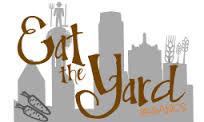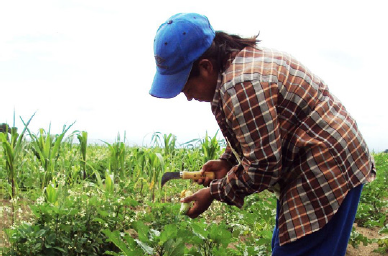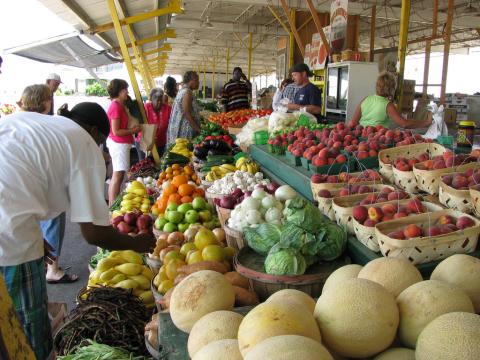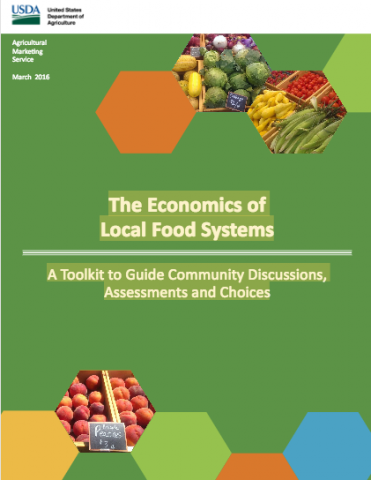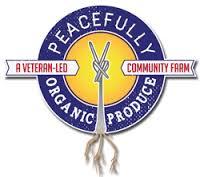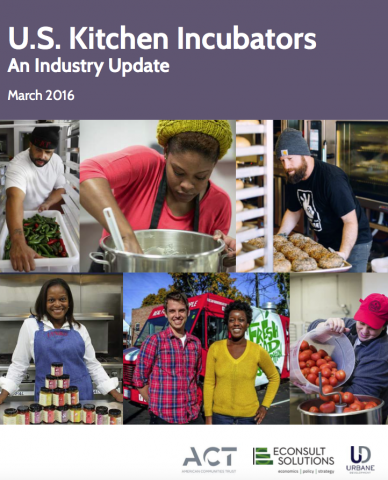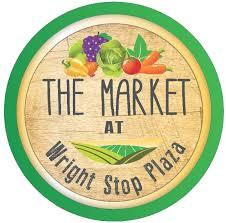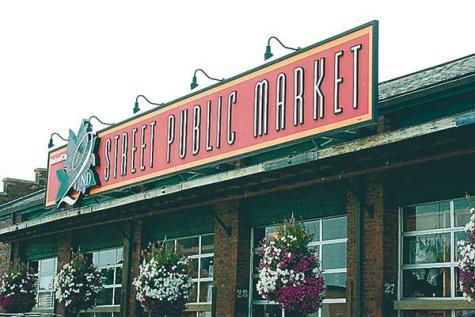This case study provides an analysis and evaluation of Community Supported Agriculture (CSA). To examine CSA as a potentially viable Future Economy Initiative, interviews, a survey, and secondary data sources were utilized. From May 2014 to October 2014 16 in-person semi-structured interviews with CSA farmers were conducted across three counties in Western Massachusetts. A copy of the interview and survey can be found in the appendix. There have been few comprehensive efforts to analyze CSA across the United States, however this study provides an overview of the CSA and the resulting economic, social, and environmental outcomes.
